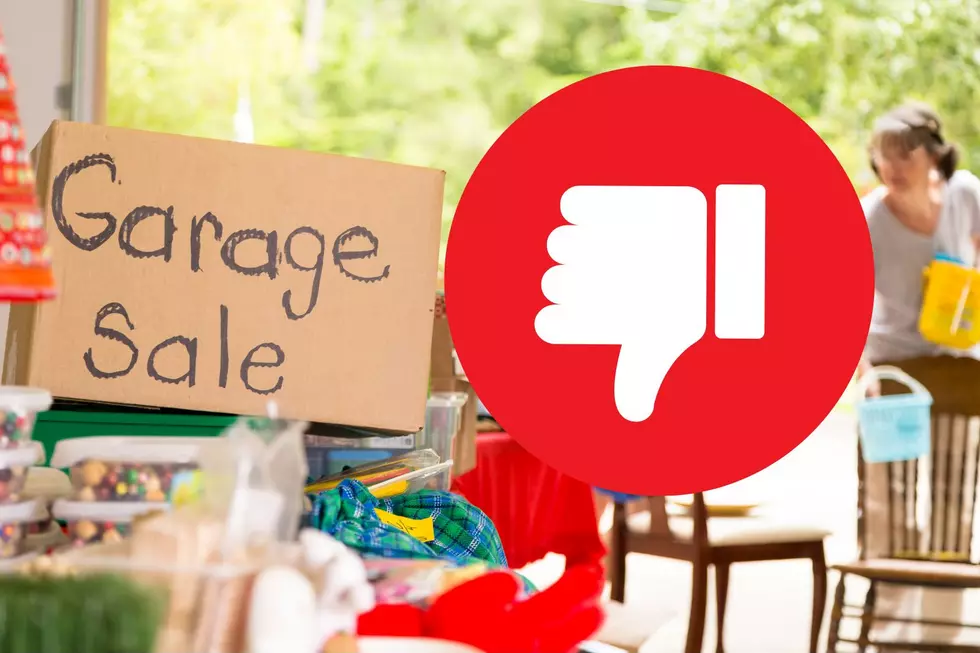
Illinois Weed Sales Top $1 Billion For 2020
I guess all those people you see every day standing in line outside the Sunnyside Cannabis Dispensary on McFarland Road showed up to spend some money last year.
Yes, I know that's just one of Illinois' marijuana dispensaries (we've got 80), and that they didn't rake in a billion dollars on their own, but the model seems to be very similar throughout our state since recreational marijuana became legal in January of last year.
Bottom line: Illinois has broken the billion-dollar mark in combined sales of medical and recreational weed, says the Chicago Tribune in a new report.
Wait, didn't we see a fall-off in sales just last month? We did, and there were those who said that it showed that after the novelty of legalization, sales would continue to slide downwards. It turns out that a small decrease in overall sales in one month was not a harbinger of things to come.
The Chicago Tribune report says that Illinois' dispensaries rebounded from November's sales of $75.2 million to sell almost $87 million in recreational weed products.
The billion-dollar figure comes from combining the sales totals of both medical and recreational marijuana. For the year, the Chicago Tribune, citing numbers provided by the Illinois Department of Financial and Professional Regulation, says:
Illinois generated $669 million in recreational weed sales, with more than $331 million in medical sales through November. The state has yet to release December medical marijuana sales. More than a fourth of the year’s recreational sales went to out-of-state residents.
I've noticed that there are many who supported legalization, and many who were totally against it--but nearly everyone wants to know how much tax revenue marijuana is bringing in to the State of Illinois' coffers. We don't have the total numbers for the year, but THCnet.com says the figure, through September, is $105.9 million.
We've still got quite a way to go to catch up with Colorado. Colorado's Department of Revenue reports sales of almost $2 billion dollars in 2020, and almost $10 billion since legalization took effect in 2014.
50 Famous Brands That No Longer Exist
More From 97 ZOK





![[UPDATE] 5 Chain Restaurants We Want to Come to Rockford](http://townsquare.media/site/721/files/2024/04/attachment-FI-Chain-Restaurant-Wishlist-2.jpg?w=980&q=75)



